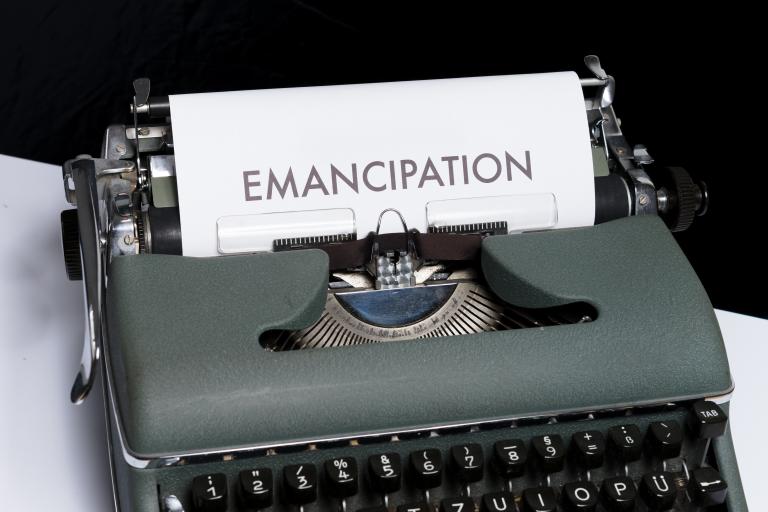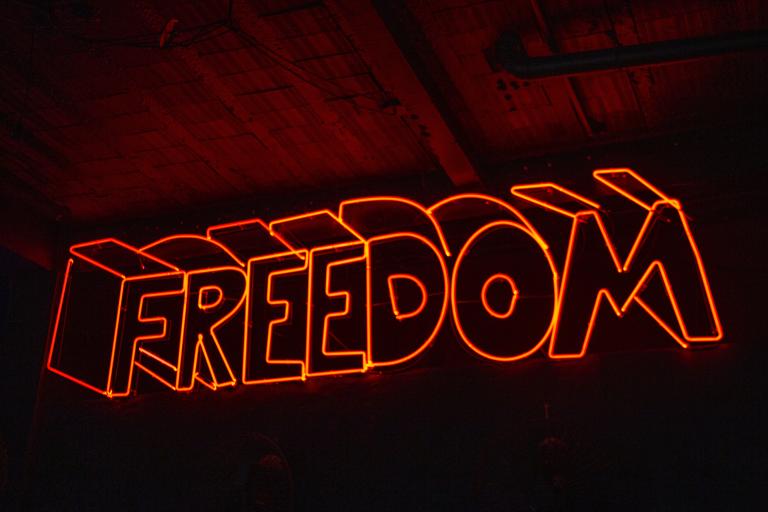Before recent world events, I was one of those people who did not know anything about “Juneteenth” – what it was or why it was celebrated. Which is interesting because I am Texan (and my parents live in Galveston), where the proclamation by the Union forces (in the most remote of Confederate territories) was officially enacted.
I was talking recently to a friend of mine in New York who used to be a history teacher. He pointed out something interesting – the difference between emancipation and liberation. As we continue to struggle toward racial justice (and many other forms of justice) and as I continue to learn things I have heretofore been unexposed to, I have found myself thinking a lot about the difference between emancipation and liberation, the realities the distinction highlights and the call to betterment that permeates so many areas of my life.
Emancipate – The Transfer of Ownership
The real heart behind the word “emancipate” is a transfer of ownership. The word has deep origin in that definition – transferring control from one party to another. In the case of post-Civil-War America, this is an extremely apt term.

What the Emancipation Proclamation did was effectively transfer ownership of black lives from white owners to those black lives themselves. Crudely said, they were now able to own themselves, which has to be the very base level of freedom. The foundation of liberty.
When my high school teacher friend talks of emancipation, he notes that emancipation is something that happens “in-house”, meaning it is something that happens close to home. We don’t really talk about emancipating people of other countries. That is more about liberation, which we will get to in a minute. The other way we often use emancipation is when talking about surrendering paternal/maternal authority and giving a minor full ownership of their own lives. These are things that happen at home, close up in communities, where rights and ownership are at the forefront.
Liberation – Set Free
But emancipation is not liberation.
In the aftermath of the death of George Floyd (and many others), we had a lot of conversations with the students we mentor (which consist of many diverse ethnicities). One of the biggest differences in how our white students reacted versus our students of color (generally speaking) is that our white students have a real hard time understanding the need, desire, and longing for liberation. In many of our conversations, there was a problem of mistaking emancipation for liberation.
The transfer of self-ownership from one entity (like slave owners) to another (like oneself) does not necessitate liberation.
Liberation is the lifting of constraints from social, political, and economic oppression. Someone who has full ownership of themselves can still be oppressed. So much of what we often call “social justice” in today’s world is an attempt at liberation.

Those slaves in Texas were among the last to be effectively emancipated on Juneteenth. But they were still a long way from liberation.
Interestingly, my history teacher friend says that liberation (at least compared to the closeness of emancipation) feels further away. You are emancipated from parents or slave owners. You are liberated from systems of government and social constructs. The latter feels much further away. Which is why American society seems to be drifting further and further away from itself. There are camps that are distancing from one another, both demanding liberation in their various forms (some much more legitimate than others).
I think the legacy of Juneteenth and the key to all of this is realizing that WE need to be liberated from injustice. Meaning, injustice is no good for anyone. Even if it seems like you are getting ahead, you really aren’t. We need to unite against injustice because injustice is a poison for both the oppressed and the oppressor.
One of the benefits of what is happening in the world today is that it is inviting us all to share truth together. To have hard conversations about what liberation actually looks like and how we might get there together. We ignore (or sabotage with our own biases) this call to unifying justice to our own peril.












